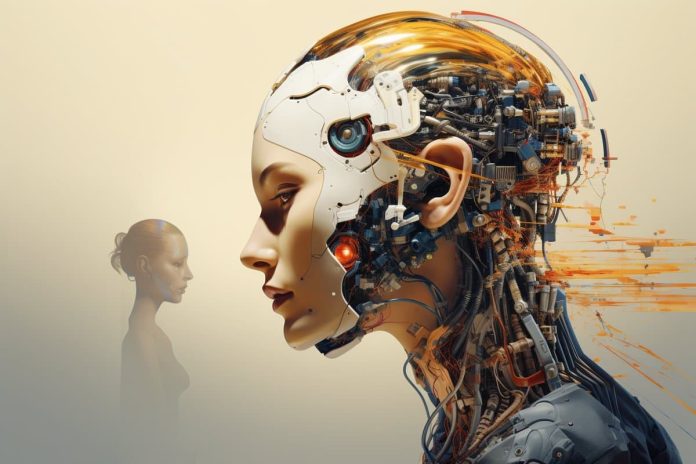Expert Systems: The AI That Mimics Human Reasoning
Expert systems are a fascinating branch of artificial intelligence (AI) designed to simulate human reasoning and decision-making. These systems replicate the knowledge and expertise of human specialists to provide reliable solutions across industries such as healthcare, finance, and engineering.
In this article, we’ll explore what expert systems are, how they work, their applications, and their potential impact on the future of AI.
What is an Expert System?
An expert system is an AI program that leverages a vast knowledge base and inference engine to solve problems that typically require human expertise. Unlike traditional software, expert systems rely on reasoning and rules-based logic to make decisions.
To learn more about how AI models work, check out this comprehensive guide on artificial intelligence.
How Do Expert Systems Work?
Expert systems have two main components:
- Knowledge Base:
This contains the system’s specialized information, rules, and facts collected from human experts. The knowledge base serves as the foundation for problem-solving. - Inference Engine:
The inference engine processes the data in the knowledge base, applies logical reasoning, and provides conclusions or recommendations.
The interaction between these two components allows expert systems to emulate human-like reasoning, offering solutions to complex problems.
Applications of Expert Systems
Expert systems are widely used in various industries to enhance decision-making, improve efficiency, and minimize errors. Below are some key applications:
1. Healthcare
AI-driven expert systems, such as IBM Watson Health, assist in diagnosing diseases, recommending treatment plans, and predicting patient outcomes. These systems analyze medical records and clinical data to provide accurate and timely insights.
2. Finance
In the financial sector, expert systems like robo-advisors help with investment decisions, fraud detection, and risk analysis. For example, Mint uses AI to offer personalized financial advice and budgeting tools.
3. Customer Support
Expert systems power AI chatbots, enabling businesses to provide 24/7 customer support. These systems, such as Zendesk AI, can handle common queries, escalate issues to human agents, and improve customer satisfaction.
4. Manufacturing
In industrial settings, expert systems optimize production processes, predict maintenance needs, and ensure quality control. Companies use predictive analytics tools powered by expert systems to reduce downtime and improve productivity.
Benefits of Expert Systems
- Consistency: They provide uniform solutions without human biases.
- Efficiency: Expert systems reduce the time needed to solve complex problems.
- Scalability: These systems can handle vast datasets and operate 24/7.
- Cost Savings: By automating decision-making, expert systems lower operational costs.
Challenges of Expert Systems
Despite their advantages, expert systems face limitations, including:
- Dependence on Knowledge Base: Their accuracy depends heavily on the quality of data input.
- Limited Creativity: Expert systems cannot think outside predefined rules.
- High Development Costs: Building and maintaining these systems requires significant investment.
The Future of Expert Systems
With advancements in machine learning and natural language processing, expert systems are becoming more sophisticated and accessible. Their integration with emerging technologies, such as the Internet of Things (IoT) and cloud computing, is expected to enhance their capabilities further.
For insights on AI advancements, explore this article on the future of AI.
Conclusion
Expert systems are a cornerstone of AI innovation, mimicking human reasoning to solve complex problems efficiently. While they come with challenges, their applications across industries highlight their immense potential. As technology continues to evolve, expert systems are set to play an even more significant role in shaping the future of decision-making.

